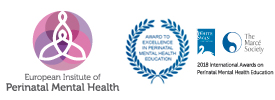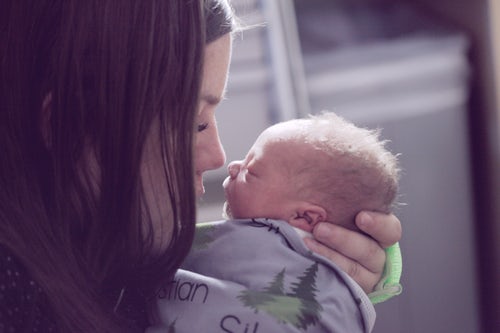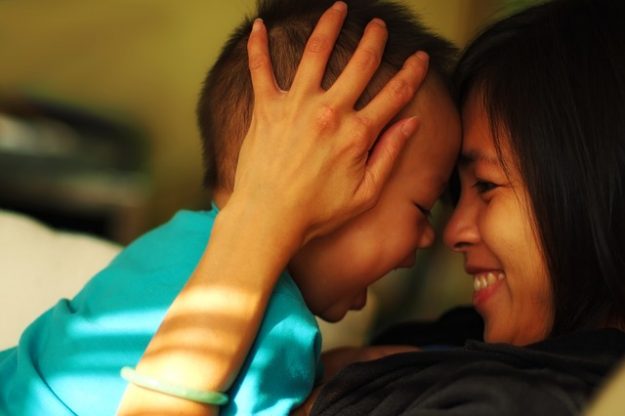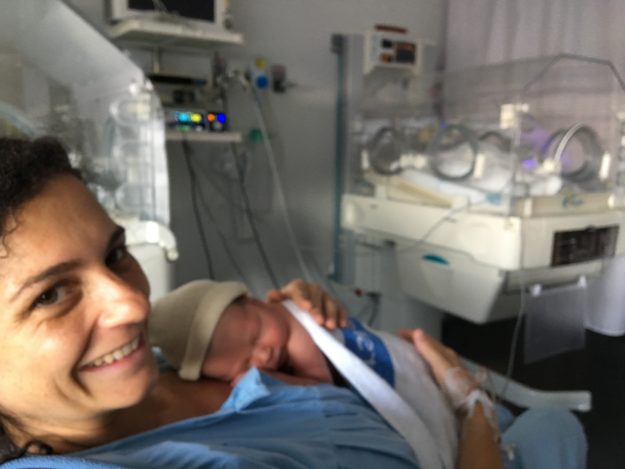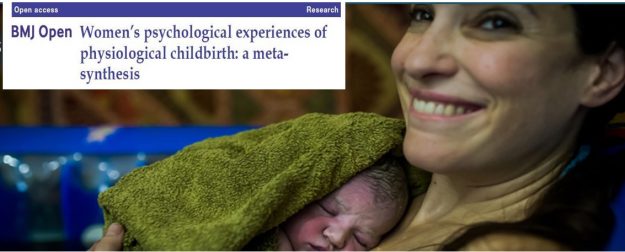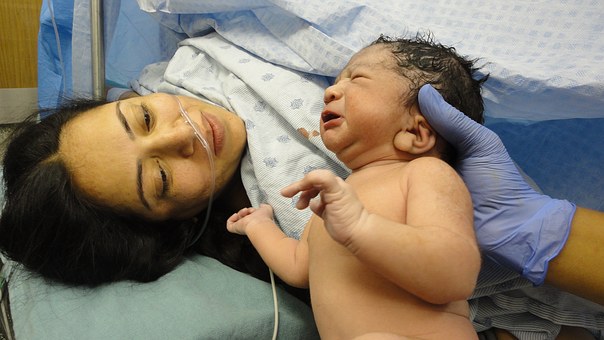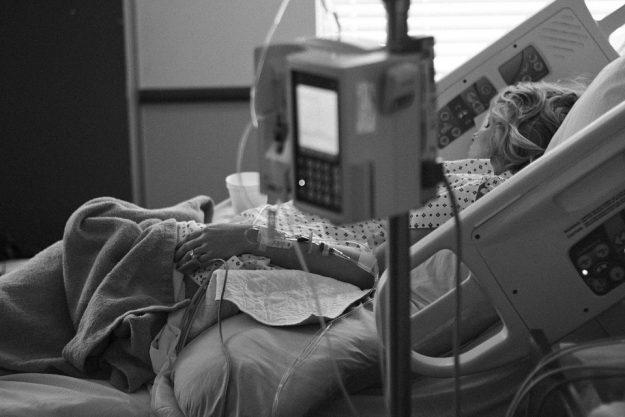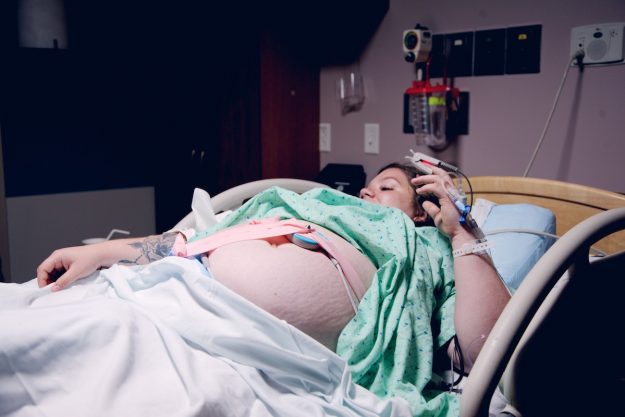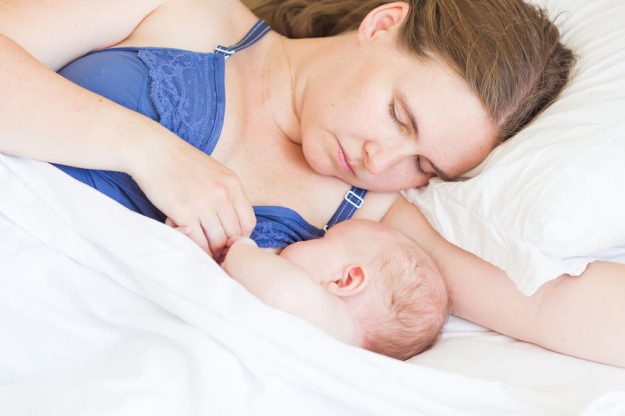I love the smell of my baby – science tells me why
The neurobiology of birth has one purpose: to create a caring bond between the mother and her infant. Nature does not only seek to secure the survival of the young human, but to gain maximum emotional, social and physical fitness. If there is something all new parents find out it is that their infant´s heads…

